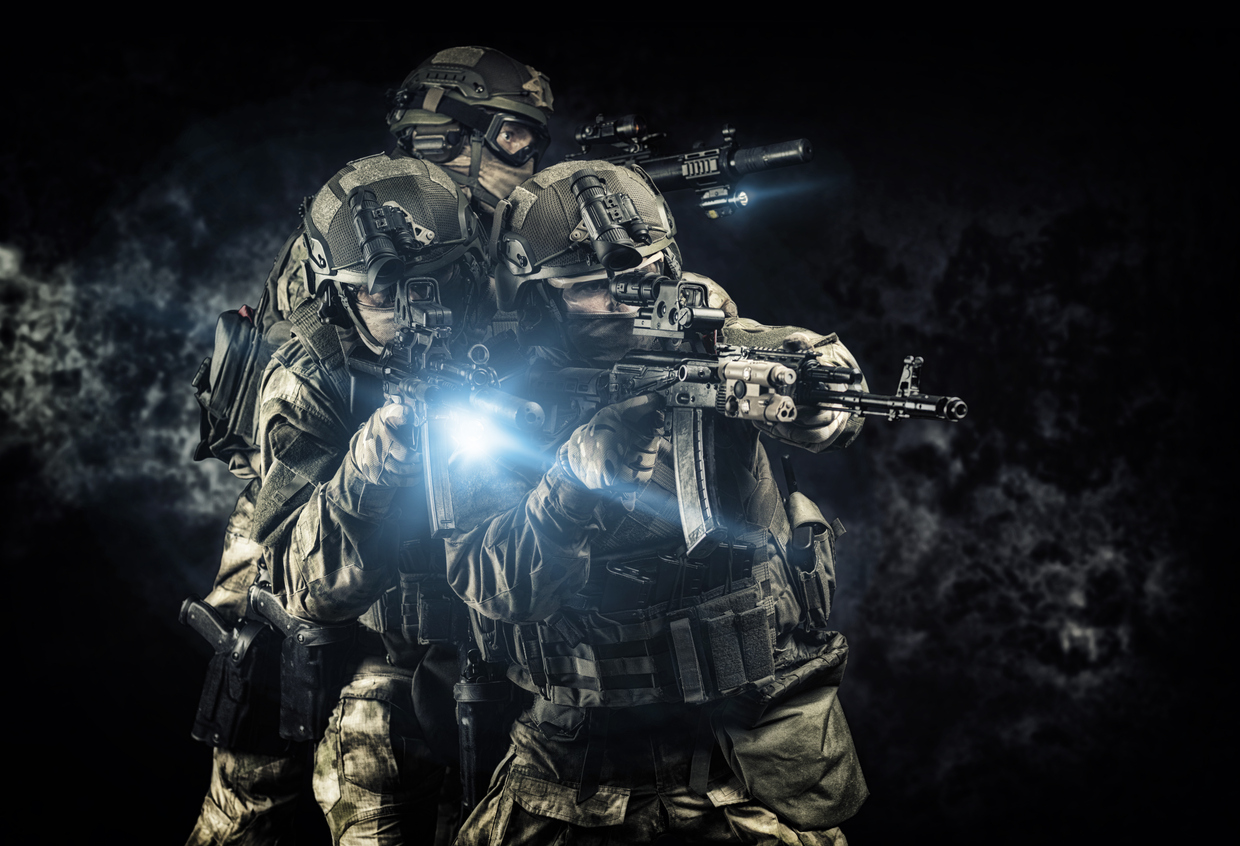TABLE OF CONTENTS
Being Trained Differently
Have you ever wondered why elite military units pull off impossible missions while most people panic the second something goes wrong? It’s not because they’re fearless. It’s because they’re trained differently.
They think tactically. They communicate clearly. They adapt fast.
And here’s the thing — those same lessons apply in leadership, business, and life.
Today, I’m breaking down 7 tactical lessons you can borrow from Special Forces that’ll make you a stronger, sharper, more resilient leader.

Strategy & Tactics
Why This Matters
Most managers have an idea of their strengths, but blind spots often go unnoticed. This assessment gives you a clear picture of where you stand, helping you focus on what truly drives stronger leadership.
What You’ll Learn
You’ll discover which skills set you apart, where you may be holding yourself back, and the exact areas to focus on to become more effective. It’s a simple way to see what’s working and what needs work.
Who This Is For: This is for managers who want more than keeping the wheels turning. It’s designed for anyone who wants to inspire their team, earn trust, and step fully into the role of a confident, capable leader.
Alright — let’s jump into the tactics.
1. Preparation Builds Confidence
Special Forces never wing it. They prepare obsessively. That’s why they perform when others freeze.
In leadership, it’s the same. You want to command confidence? Earn it through preparation.
Before a meeting, rehearse. Before a pitch, visualize objections. Before a change initiative, anticipate resistance.
You can’t fake readiness — you build it.
2. Adapt Fast or Die Slow
Plans fail. Markets shift. People quit. Life happens.
Adaptability is the ultimate leadership advantage. When things go sideways, don’t freeze. Pivot.
Ask yourself: “What’s the next best move?”
That’s what separates strong leaders from stressed-out managers.
3. Calm Under Pressure Wins Every Time
When chaos hits, people look to you.
If you lose it — they lose it. But if you stay calm, you give them stability.
Control your breathing. Slow down your speech. Focus on solutions, not blame.
Leaders who stay composed under fire own the room — every time.
4. Teamwork Is Non-Negotiable
Special Forces missions succeed because every operator communicates, trusts, and backs each other up.
Same in business. The mission fails if the communication fails.
Be the leader who listens, shares context, and keeps everyone aligned.
A team that communicates clearly can move mountains.
5. Focus on the Mission
Distraction is the silent killer of productivity.
Lock onto your top priorities. Silence the noise.
Ask yourself daily: “What’s the mission today?” Then attack it with full focus.
Leaders who stay mission-focused build momentum — and momentum builds results.
6. Debrief Every Operation
After every mission, elite units sit down and review what went right, what went wrong, and what to improve.
Do the same with your team.
Don’t just celebrate wins — analyze them. Don’t just move past failures — learn from them.
That’s how you create a culture of continuous improvement.
7. Stay Physically and Mentally Ready
You can’t perform like a pro if you’re running on fumes.
Move your body. Protect your sleep






